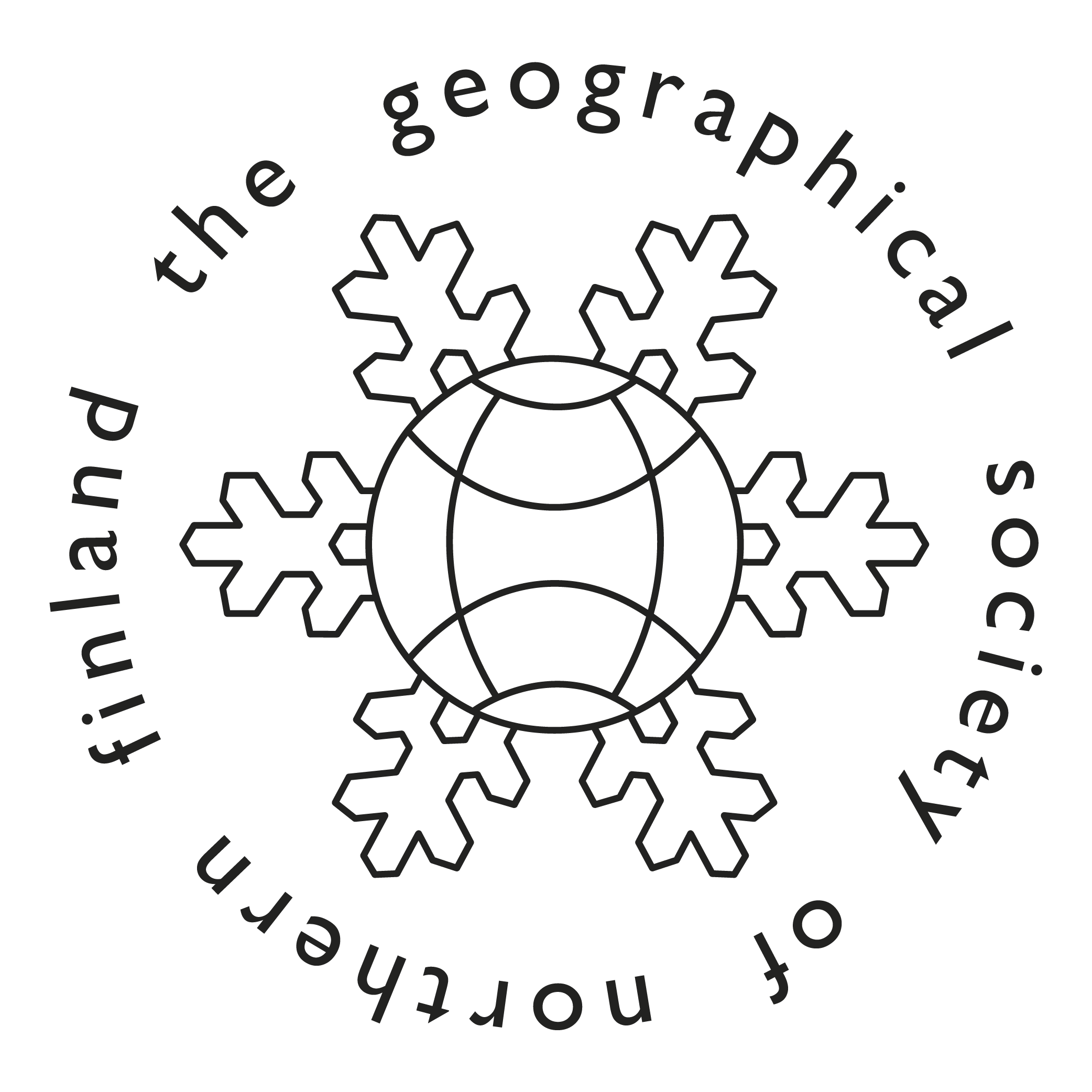Friends of the Lake? Ontological Politics and the Megacolector Conflict
DOI:
https://doi.org/10.30671/nordia.111347Abstract
There is growing recognition that radical ontological difference underlies Indigenous communities’ opposition to extractivist development within their territories. Scholars writing from a political ontology (PO) framework excitedly posit the possibility of the pluriverse emerging from the ‘ontological openings’ (de la Cadena 2015a) that these struggles are forming in the project of modernity. While such accounts are useful in elucidating how such struggles are more than ‘mere resource conflicts’ (Coombes et al. 2012a), they also risk reifying ontological difference and losing sight of the power asymmetries which shape its pragmatic and strategic articulation. More than just a matter of academic debate, overstating the ontological difference of Indigenous opposition to extractivism is a ‘cosmopolitical risk’ (Cepek 2016) that has the potential to limit Indigenous communities’ particular aspirations for self-determination. As a consequence, this article suggests a way forward can be found in ‘ontologizing political economy’ (Burman 2016) whilst also paying closer attention to the contingent nature of worlding, as well as ontological ambiguities and ‘partial connections’ (de la Cadena 2015a). This article fleshes out these theoretical concerns through drawing upon my ethnographic research about an ongoing ‘resource’ conflict in Guatemala. Over the last few years, the Maya Tz’utujil community of San Pedro la Laguna has been strongly opposing the ‘megacolector’ – a wastewater megaproject being advanced as a solution to Lake Atitlan’s contamination by the environmental NGO ‘Asociación de Amigos del Lago de Atitlán’ (Association of Friends of Lake Atitlán). Through engaging with a range of Pedrano community members, I reflect upon the usefulness of a PO framework for understanding the megacolector conflict’s ontological dimensions and the motivations of San Pedro’s opposition movement.

Downloads
Published
Issue
Section
License
Copyright (c) 2021 Timothy May

This work is licensed under a Creative Commons Attribution-NonCommercial-NoDerivatives 4.0 International License.






